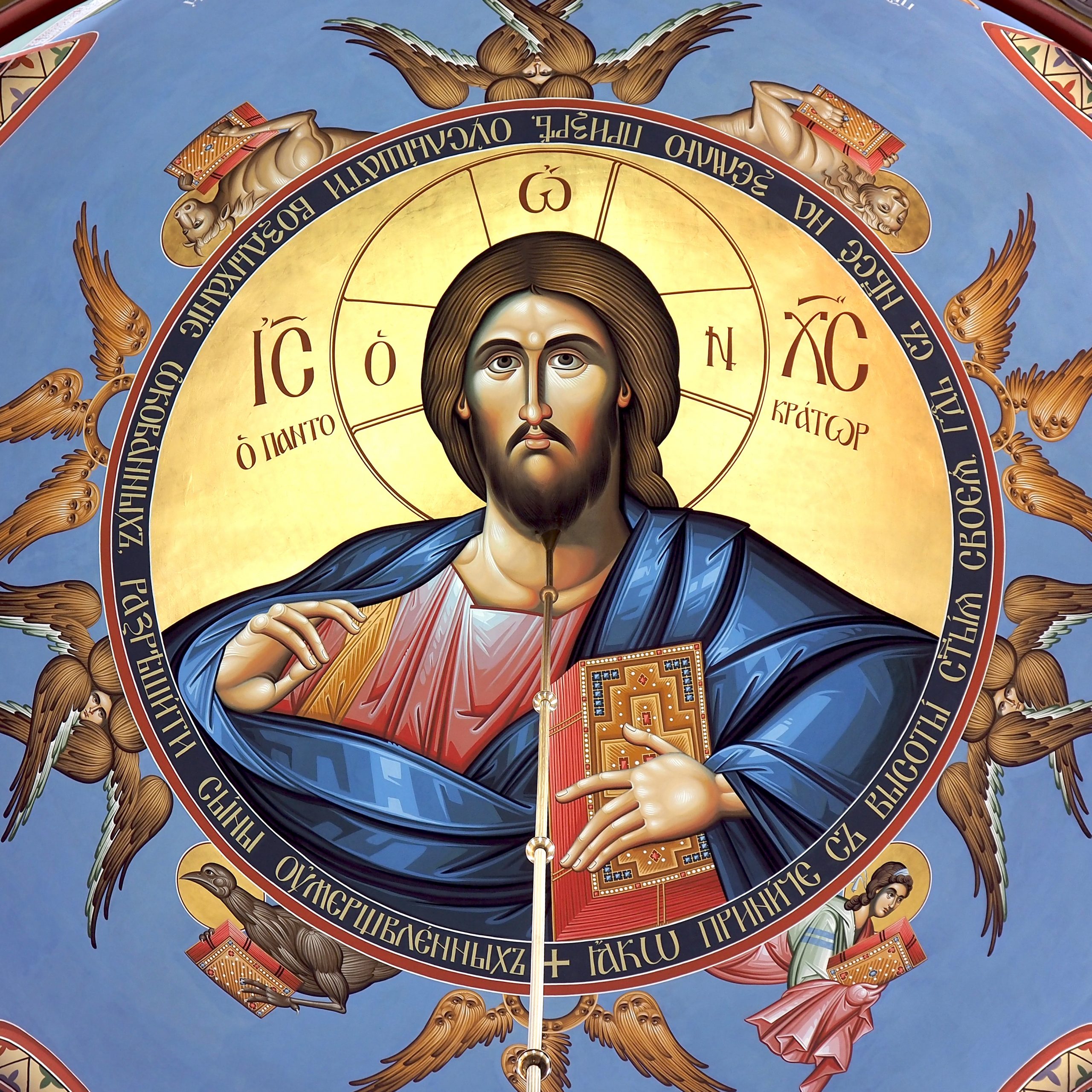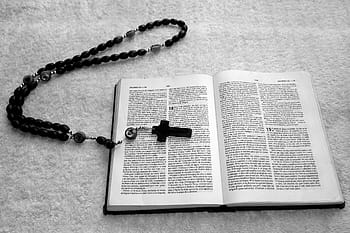Therefore, let us be grateful for receiving a kingdom that cannot be shaken, and thus let us offer to God acceptable worship, with reverence and awe.
Hebrews 12:28
The saying goes “You only get out of something what you put into it.” This applies to many things in life and it applies specifically to worship. Our worship experience in the Church is meant to be a “work of the people.” in fact, that is the meaning of the word “liturgy.” The Divine Liturgy is meant to be an empowering and encouraging exercise. We are encouraged and prompted through the words of the service to both sing and do actions that bring us closer to Christ.
One of the most frequent lines of the services is the response “Lord, have mercy.” Mercy means to give someone something they don’t deserve. So, in asking the Lord to have mercy on us, we are asking for Him to bless us with many things, even things we don’t deserve. We pray for peace, for safety, for our church, and for those who are in the church. The priest offers the petitions. The people offer the responses. Do you respond, or do you stand stoically disconnected?
At a birthday party, when everyone sings “Happy Birthday” to the guest of honor, we all sing, whether we have a good voice or not. This is a moment of joy. No one is stoically silent. In worship, WE are the guests of honor. Christ is the host of the gathering, and WE are the guests. So, we sing not only to honor Him, but to honor ourselves and one another. Because even if you don’t need the mercy of the Lord regarding a particular petition, there is undoubtedly someone in the church who does. So, we sing for them.
Proper worship begins with getting to church on time. The habit of some people to come casually late to church affects their experience and it affects the experience of the community as a whole. The opening line of the liturgy says “Blessed is the Kingdom. . .NOW and forever and to the ages of ages.” This means that in the Divine Liturgy, the Kingdom of God is present in the here and now. It is not a far-off destination but a present reality. When that call is made to begin the Divine Liturgy, the entire community should be there to enter together.
“Let us love one another so that with one mind we may confess.” “Let us lift up our hearts.” “Let us give thanks to the Lord.” “Remember those whom each of us calls to mind.” “And grant that with one voice and one heart we may glorify and praise Your most honorable and majestic name.” “And make us worthy, Master, with confidence and without fear of condemnation.” These lines should prompt our bodies (lifting up our hands as well as our hearts, when we hear “let us lift up our hearts”) and our souls to action. Worshipping is an act of empowerment and encouragement for us. But you only get out of worship what you put into it. (The quotes from the Divine Liturgy in this paragraph are taken from The Divine Liturgy, translated by Holy Cross Greek Orthodox Seminary, Brookline, Massachusetts: Holy Cross Press, 1985)
So, this Sunday, when you go to church, come on time, sing, participate, get the full experience, and encourage others to do the same. For as we read in Hebrews 12:28, the acceptable worship we offer to God is when we come with reverence and awe, and also when we come with joy, when we offer the best version of ourselves in our worship of God.
Lord, thank You for the gift of worship. Thank You for this service which encapsulates everything I need in my life. Inspire my heart and my mind so that I come to worship with greater and greater sense of understanding. Open my lips that I may sing Your praises in worship. Bring me to Your temple continually with a greater sense of joy. And during the week, keep that joy alive in me. Amen.
Plan to sing in church next Sunday and encourage others to do the same.




